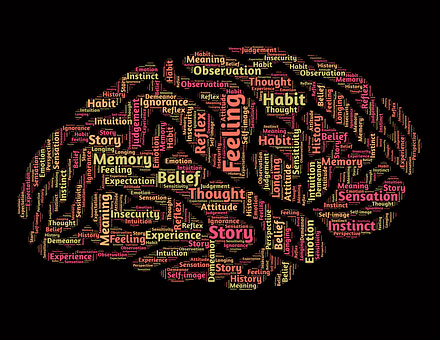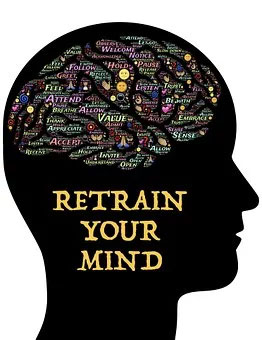
How to Change Your Habits for Long-Term Positive Growth
Change can be difficult, especially if the change involves breaking bad habits. Over time, our brains become wired to our practices allowing bad habits to occur automatically due to the constant repetition. Still, we can create new positive habits to replace the negative ones.
The Brain: The Motherboard for Habits

The brain is wired to focus on things that have pleased us in the past. Studies have shown that when people see something that reminds them or connects them to a past reward, the brain then releases a rush of dopamine, which is a neurotransmitter that is responsible for feeling happy. So, past experiences do have a lasting effect on how we think and what we do, which makes changing your habits extraordinarily hard.
For a habit to be ingrained in our behavior takes approximately 66 days, but that depends on the habit. Some are easier or harder depending on the person. Since everyone is different, changing patterns can take some time, but there are steps you can take that
will put you on the right path for a positive change.
Top 5 Steps on How to Change Your Habits
- Identify the Trigger— Being aware of what triggers a bad habit can help you make the necessary change required. A well-known trigger for many people is stress, which can lead to igniting harmful routines.
- Obstruct the Trigger— Once we have identified the trigger, we can do things to change or alter the outcome. If habitually hitting the snooze button causes you to be late for work, then put the alarm clock on the other side of the room, leaving yourself no choice but to get out of bed and thus changing your pattern.
- Replace the Trigger— Completely stopping a bad habit is much harder than replacing it with a good one. When you change your habits, you interfere with how your brain is wired, which leads to the new positive behavior becoming your new habit. If stress causes you to bite your nails, start carrying a pair of gloves that you can put on when stressful situations occur.
- Visualization to Combat the Trigger— The more you think about something, the more the idea of it gets wired into your brain. Picture the new habit producing positive results, like eating healthier foods and smiling because you are enjoying it.
- Outside Assistance for the Trigger— Sometimes, changing bad habits can be too difficult, and the notion of how to make a change becomes impossible to grasp. Seeking outside help can make the process easier and faster. Some of the highly effective therapies include cognitive-behavioral therapy (CBT), neuro-linguistic programming (NLP), and hypnosis.

How CBT Can Change Your Habits
CBT is based on the idea that your thoughts, feelings, and behaviors are all connected and influence each other.
- A great example is stress, which may lead to the behavior of overeating, which, over time, becomes your go-to habit when you feel stressed.
- By changing a negative behavior, you will inadvertently change your thinking as well as how you feel.
How NLP Can Change Your Habits
NLP is based on the idea that the actions of the mind are due to past behaviors, so changing our habits will change the way we think.
- New behaviors are imprinted into our brain, which develops into new positive patterns replacing the old negative ones.
- NLP strengthens the connection between the conscious and unconscious parts of the mind, further assisting in changing the automatic negative habits.
How Hypnotherapy Can Change Your Habits
Hypnotherapy is based on the unconscious mind being more receptive and open to suggestion during the state of hypnosis.
- Hypnosis treatment is highly effective in changing bad habits and, when used in conjunction with other therapies such as CBT and NLP, takes less time.
- During the deep state of hypnosis, the therapist can implement suggestions and visualizations to instill and support positive changes.
At Miami Hypnosis and Therapy, we offer a vast array of treatments, all uniquely designed to fit each person’s needs. We provide the resources needed to help make positive changes for long term positive growth. Our highly trained staff can help you change your habits to create good habits that will lead you to a happier and healthier life.
You no longer have to ask how to change your habits and build good habits, you can make that positive change now by booking your appointment today!






Write a Comment